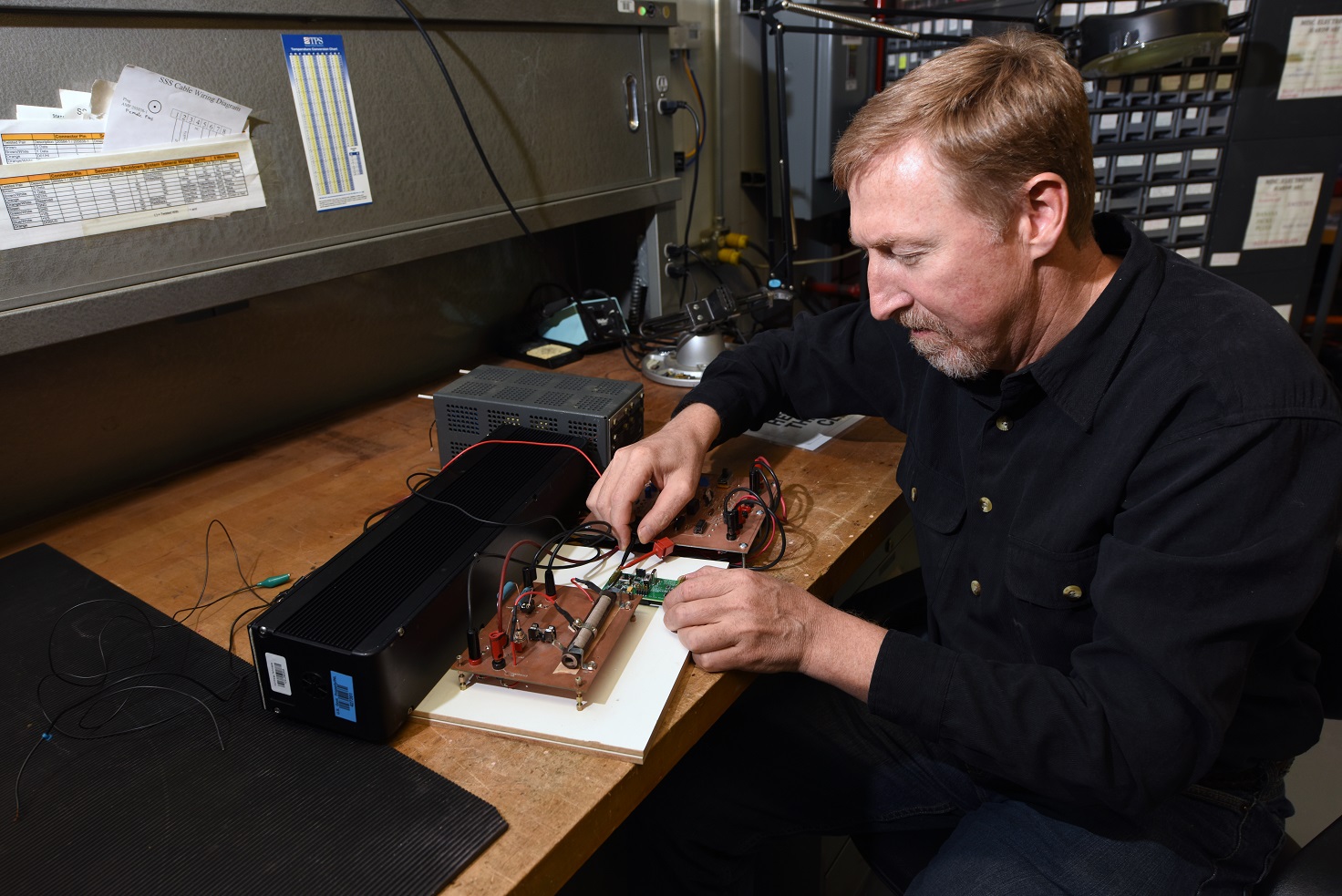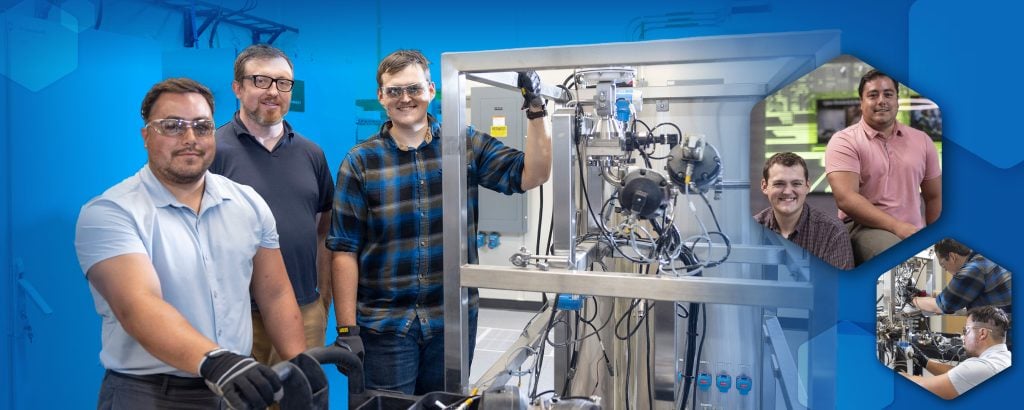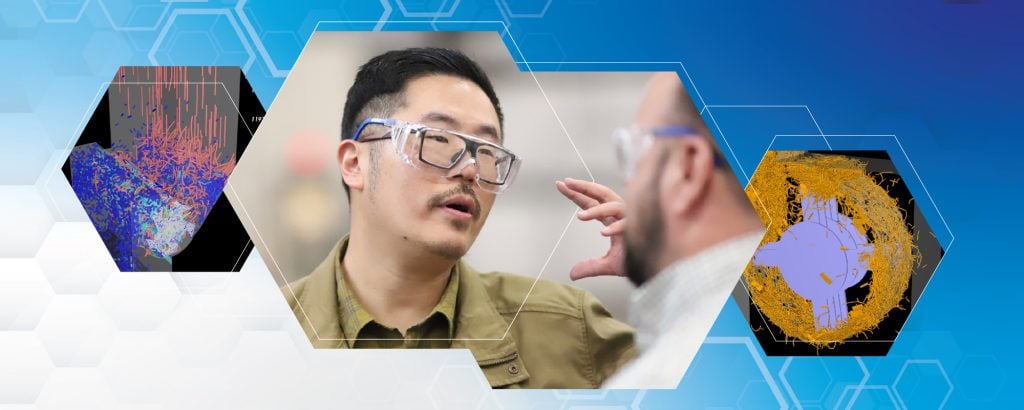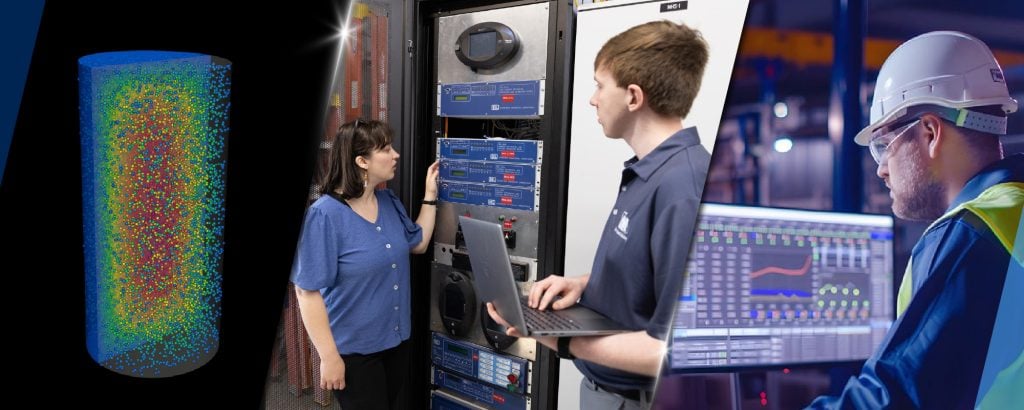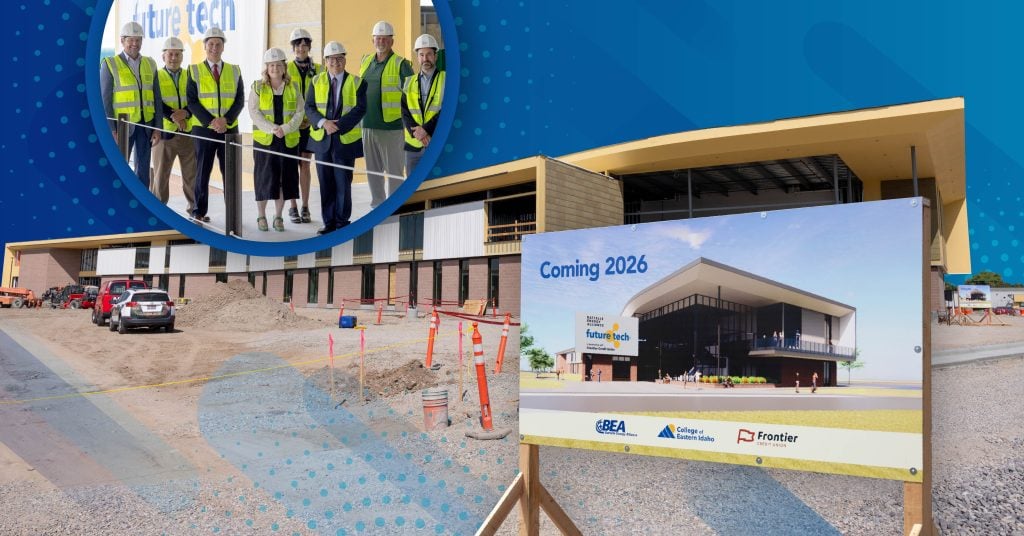Idaho National Laboratory has received funding awards for seven projects proposed to the Department of Energy’s Office of Technology Transitions Technology Commercialization Fund (TCF). TCF was created in 2005 to promote promising energy technologies across DOE’s national labs. Total funding awarded by DOE this cycle totals over $20 million across 10 national labs and 71 private sector partners. By funding received, INL was the third most awarded laboratory, receiving $2.4 million in TCF funds and $4.8 million with matching industry funds.
Each project was selected for its potential to advance promising commercial energy technologies and strengthen partnerships between INL and private sector companies to deploy energy technologies to the marketplace.
Topic 1
Topic 1 projects identify technology maturation activities to attract a private partner. Each Topic 1 project is matched with nonfederal funds from a private sector partner or through the INL Royalty Fund. INL’s Topic 1 winners are:
Active Measurement Cancellation, $75,000
Principal Investigator: David Jamison, Energy & Environment Science & Technology
This project proposes to develop and demonstrate a portable, one-of-a-kind, stand-alone instrument to assess battery module health. The benefits of Active Measurement Cancellation (AMC) include the ability to measure the impedance — or internal resistance — of a battery in real time, without modifying the battery circuit, even when it is energized. A battery that fails with a significant internal resistance rise cannot supply power externally. AMC technology provides researchers the ability to measure internal resistance on an energized battery without isolation or disassembly, making it unique within the battery industry. AMC testing ensures that batteries are safe and effective both before consumer release and during the life span of the battery. This TCF funding will help researchers provide AMC at a competitive price for greater commercial adoption.
Direct Electrochemical Valorization of Captured Carbon Dioxide, $150,000
Principal Investigator: Luis Diaz Aldana, Energy & Environment Science & Technology
Partner: Carbon Clean Solutions, Cincinnati, Ohio
The integration of carbon capture with carbon utilization (CCU) can help enable the economic feasibility of carbon capture technologies by generating additional value from the production of commodity chemicals and fuels. INL’s CCU technology enables process intensification by combining capture media regeneration and carbon dioxide upgrading to refinery grade syngas in a single step. This funding will help address the maturation and development of the CCU electrochemical reactor.
Mobile Efficient Modified Delta Robotic Non-Destructive Examination Platform, $73,404
Principal Investigator: Anthony Crawford, Nuclear Science & Technology
This project will include designing a mobile 3-D scanning platform and testing its performance in laboratory and industry settings. The mobility and modified configuration of this platform would allow the device to achieve in-field scans not traditionally possible with conventional systems. The mobility also enables the device to discretely progress along a component, resulting in multiple section scan images that can then be stitched together to achieve a complete component representation. This will enable many in-field nondestructive examination applications, like evaluating pipeline welds, airplane turbine blades, nuclear reactor components and more. The system also has potential benefit in the 3-D additive manufacturing arena, because it may enable in-field multiple component integration and repair.
Topic 2
Topic 2 projects cooperatively advance a lab-developed technology in collaboration with a private sector partner to bolster commercial application. Each Topic 2 project is matched with funds from a private sector partner. INL’s Topic 2 winners are:
Enable Safe and Reliable Operations of Nuclear Power Plants through a Highly Dynamic and Integrated Work Management System, $750,000
Principal Investigator: Johanna Oxstrand, Nuclear Science & Technology
Partner: Devbridge Group LLC, Chicago, Illinois
INL will develop and commercialize a dynamic work management (DWM) system in partnership with Devbridge Group LLC. This system will be compatible with existing nuclear plants and potential new builds, and will include tools for smart scheduling, planning, procedure authoring and field work. The software will also enable smooth interaction between legacy systems. The DMW solution will be intuitive to use and will support all roles in the work management process, such as planners, supervisors, field workers and engineers. The DMW solution will empower nuclear operation, as well as increase safety and human performance related to work execution in the field by enabling the standardization of work procedures, simplification of task completion and application of real-time data analytics.
High-Temperature Irradiation-Resistant Thermocouple, $300,000
Principal Investigator: Richard Skifton, Nuclear Science & Technology
Partner: Idaho Laboratories Corporation, Idaho Falls, Idaho
The High-Temperature Irradiation-Resistant Thermocouple is a breakthrough in the field of temperature measurement. It is also the only sensor specifically designed for operating reliably in high-temperature radiation environments. The accurate measurements of temperatures that it can deliver between 1,100 and 1,700°C are important to safe, efficient and economical industrial operations. In such high-temperature environments, thermocouples are the most widely used industrial temperature sensors because they are rugged, affordable and accurate — but unfortunately after installation, commercial thermocouples are prone to decalibration and can provide increasingly unreliable readings as they age. As operating temperatures and thermal cycling increase, the longevity of thermocouples also decreases. This project will provide to the market a reliable and durable thermocouple for high temperatures.
Prognostic Inspection Analysis at Nuclear Power Plants through an Advanced Imaging Service, $325,000
Principal Investigator: Troy Unruh, Nuclear Science & Technology
Partner: LPI Inc., Amesbury, Massachusetts
This project will develop prognostic inspection analysis tools by deploying the existing INL Change Detection System (CDS) technology and expertise as an advanced imaging service, specifically for use in nuclear facility applications. The developments will provide an intuitive user interface with powerful image processing algorithms that will allow users to rapidly detect changes in processed images. Major objectives include the development of a software application for prognostic inspection analysis, software demonstration using imagery from nuclear power plants, deployment of this technology, and feedback from LPI on the measured benefit and cost or time savings of this technology.
Pilot Demonstration of a Wireless Valve Position Indication Sensor System in Nuclear Power Plants, $750,000
Principal Investigator: Vivek Agarwal, Nuclear Science & Technology
Partner: Exelon Generation Company LLC, Kennett Square, Pennsylvania
One of the tasks performed by personnel in a nuclear power plant on a regular basis is independent or concurrent verification of manual valve position, which requires two or sometimes three people. To address these concerns, a research team at INL has developed a wireless valve position indication (VPI) sensor system that can be retrofitted on three primary manual valve types to replace manual valve position verification with digital verification, and to enable online monitoring of manual valves. Retrofitting the wireless VPI sensor system does not require any valve modification. By enabling digital verification and remote online monitoring, implementation would generate significant cost savings during plant outages, extend the calibration cycles (calibration is currently performed in every outage) and ensure valve health monitoring as part of a reduction in downtime. It would also reduce the risk of exposing plant personnel to industrial and regulatory hazards, along with a significant reduction in human errors.

